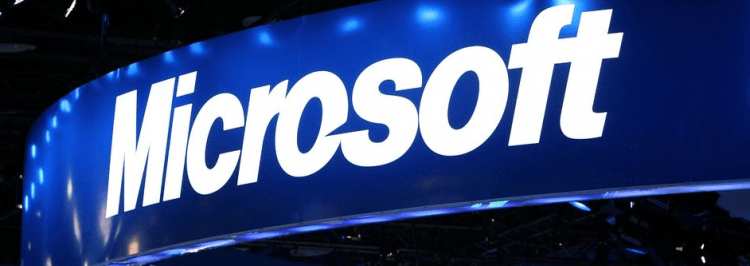Microsoft is now beginning to heighten its internet traffic security measures based on concerns that the NSA may already be spying on its network, according to a report from the Washington Post. The Post says that high level Microsoft executives are currently in talks regarding implementing a new level of encryption in order to combat NSA activity.
Microsoft's concerns are based on leaked Snowden info from back in October pointing at a program called "Muscular," in which the NSA was accused of secretly collecting data from Google and Yahoo. While there are some previously unreleased documents that mention Microsoft's Hotmail service, Windows Live Messenger and even Microsoft Passport, there has been no specific information pointing at Microsoft being an NSA target.
"We're focused on engineering improvements that will further strengthen security," Microsoft general counsel Brad Smith said to the Washington Post, "including strengthening security against snooping by governments."
Microsoft told the post that it has no independent confirmation that it has indeed been tapped by the NSA, but that revelations regarding Yahoo and Google has certainly heightened the company's sensitivity to the issue even more.
As for what these encryption methods Microsoft will be introducing are, the details are still a little vague, but we do know that the initiative would cover the company's complete range of "consumer and business services."
Previously, Microsoft teamed up with other tech giants, Google and Facebook among others, to back an official push calling for a broader level of transparency regarding government data requests. Later, the tech giants joined forces once again in support of USA Freedom Act amendments pertaining to the NSA.
The NSA issued the following statement regarding questions about secret Microsoft data collection:
"NSA's focus is on targeting the communications of valid foreign intelligence targets, not on collecting and exploiting a class of communications or services that would sweep up communications that are not of bona fide foreign intelligence interest to the U.S. government."
